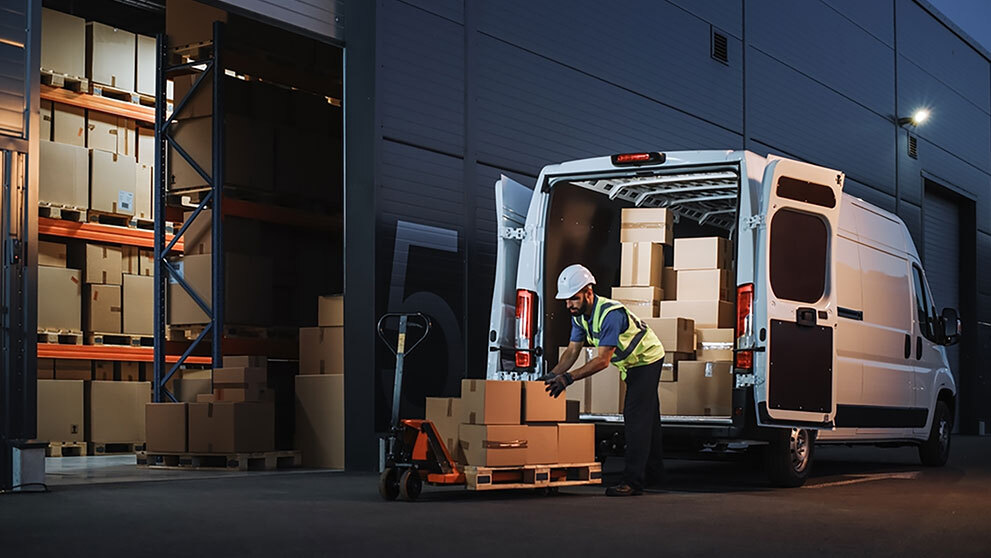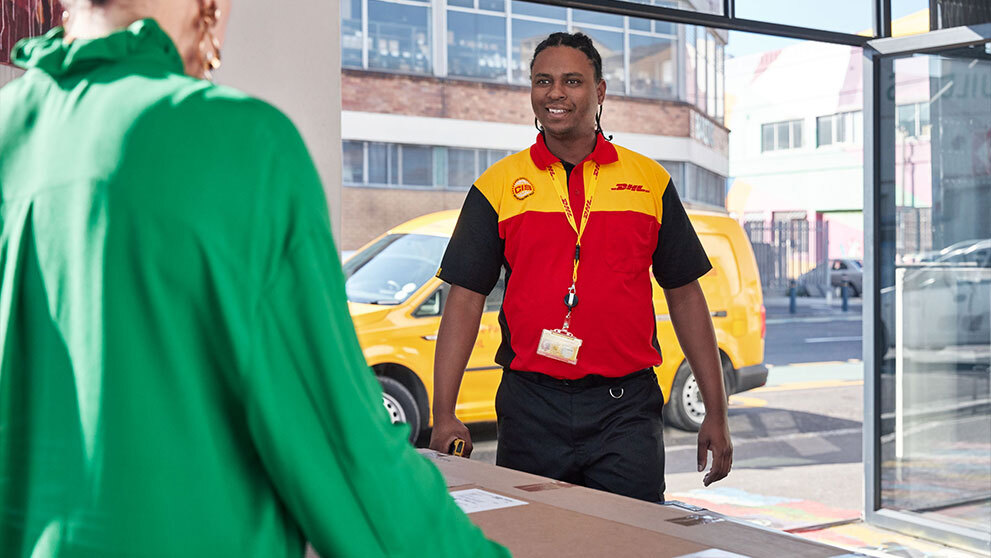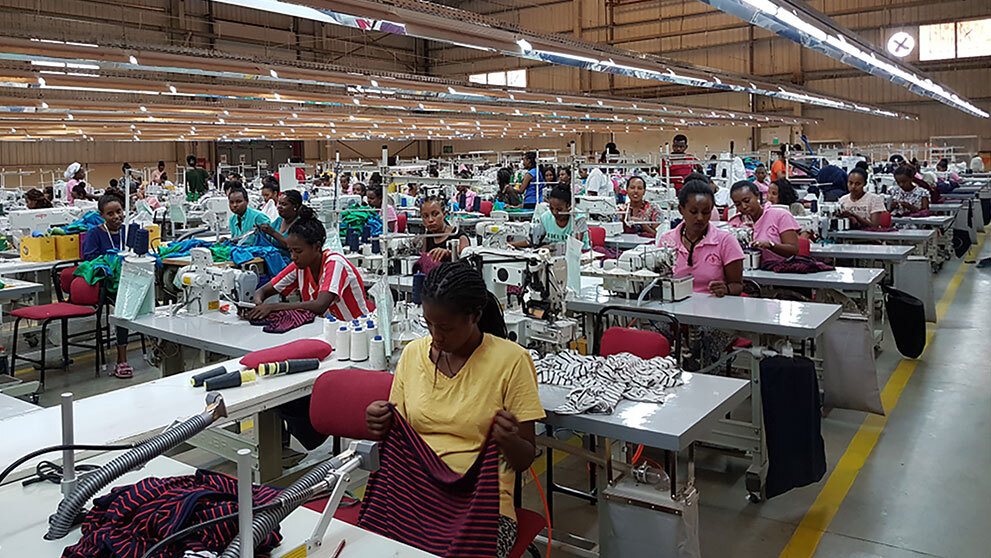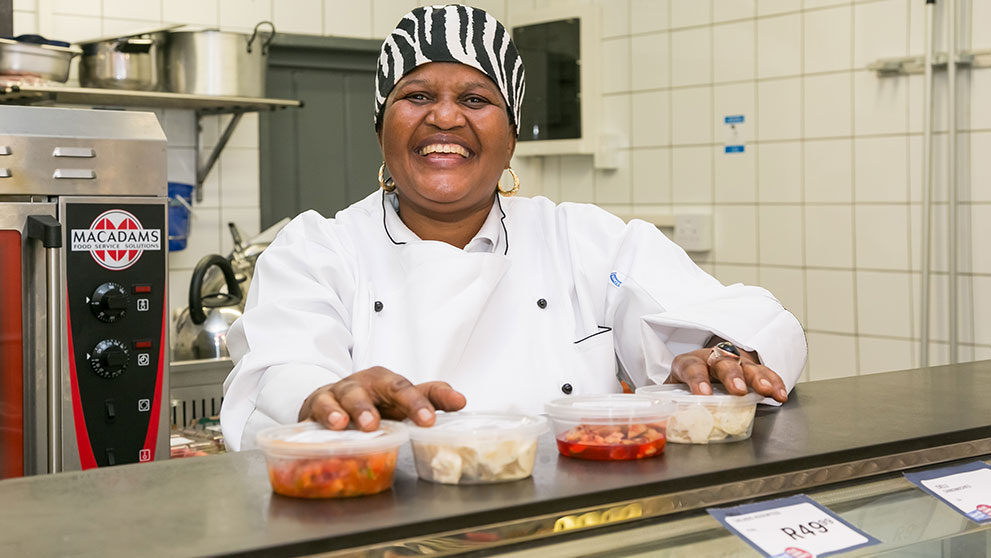Across Africa, a transformation is underway. The labels reading "Made in China" are steadily giving way to "Proudly Made in Africa," and South Africa is perfectly positioned to lead this revolution.
From Durban to Cape Town, our industrial landscape is evolving. While we've long been the continent's manufacturing powerhouse, recent challenges—from loadshedding to global supply chain disruptions—have tested our resilience. But if there's one thing South Africans know how to do, it's turning challenges into opportunities.
With Africa's consumer market set to reach R39 trillion by the end of 2025, the timing couldn't be better for South African manufacturers to step up. This isn't just about replacing imported goods—it's about creating products that reflect our innovation, craftsmanship, and unique South African identity.
Africa's Manufacturing Momentum
The narrative is shifting. Africa is no longer just a marketplace—we're becoming the makers. While Ethiopia's textile industry booms and Nigeria's agro-processing sector flourishes, South Africa's diverse manufacturing base positions us as the continent's industrial backbone.
Our manufacturing sector, contributing 13% to the national GDP, spans everything from world-class automotive plants to cutting-edge electronics facilities. Yes, we face our share of challenges—energy constraints, operational costs, and fierce competition from imports. But South African ingenuity has always found a way forward.

Winning Strategies for South African Manufacturers
Smart Local Production
The government's commitment to local manufacturing is clear. With R1 billion earmarked for electric vehicle production by 2035, manufacturers who align with national priorities stand to benefit significantly. These aren't just incentives—they're launching pads for global competitiveness.
Quality That Speaks Volumes
We're not trying to be the cheapest—we're aiming to be the best. Take Tshepo Jeans, born in a small Johannesburg workshop. Today, their premium denimwear commands respect globally, proving that South African quality can compete with any international brand.
Continental Market Leadership
Africa's growing middle class wants quality products that understand their needs. Companies like Pepkor show how South African businesses can successfully expand northward by respecting local preferences while maintaining world-class standards.
Digital-First Distribution
E-commerce isn't the future—it's the now. South African manufacturers need robust online presence and reliable logistics partnerships to reach customers across the continent. Companies like Pargo demonstrate how innovative distribution solutions can overcome traditional retail barriers.
Streamlined Supply Chains
In today's fast-moving market, efficient logistics isn't optional—it's essential. Partnership with global logistics leaders ensures South African products reach customers quickly and reliably, whether they're in Soweto or Senegal.

Building Tomorrow's Legacy
The shift to Made-in-Africa products isn't just a trend—it's a transformation. South African manufacturers have the skills, innovation, and determination to lead this change. But success requires more than just great products—it demands smart partnerships and efficient logistics.
Ready to take your South African products to the world? DHL's expertise in cross-border logistics can help you navigate the complexities of continental trade. With our extensive African network and deep understanding of local markets, we ensure your products reach customers efficiently and reliably.
The future of African manufacturing starts here. Let's build it together.
Open your DHL business account today and join South Africa's manufacturing revolution.
Speech: Why “Made in Africa” is clearly the future for global supply chains - Development Reimagined
Invest in Manufacturing to Meet Africa's Booming Consumer Demand
Industrialisation in Africa: Leading countries and reasons for their success
4 popular African countries for expansion in the manufacturing industry
Exporting Made-in-Africa products to 15 countries: CEO reveals her strategies






































